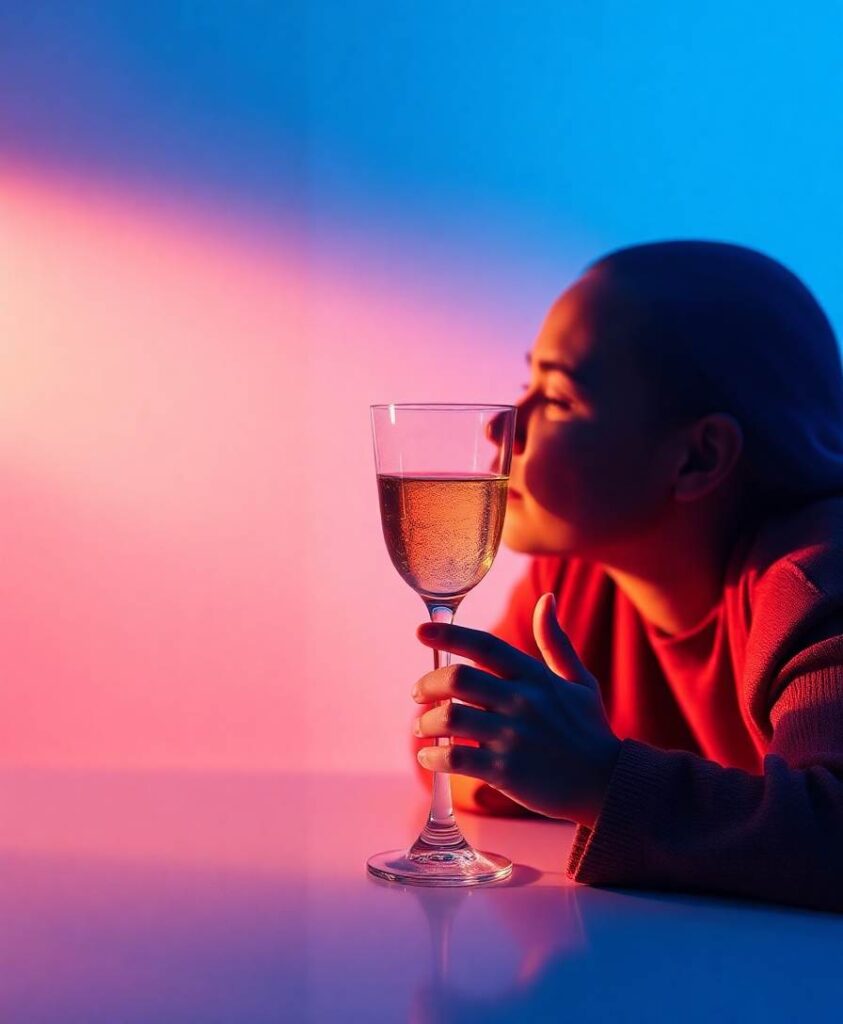Modern neuroscience reveals that individual biological responses to screen illumination vary widely. What disrupts one person’s circadian rhythm might have minimal effect on another – a reminder that human experience resists simplistic universal narratives. Our bodies carry remarkable adaptive capacities, continuously negotiating environmental signals with sophisticated internal mechanisms.
This emerging research invites us to move beyond blanket recommendations and embrace more personalized approaches to technological interaction. By understanding our unique neurological and physiological responses, we can develop healthier strategies for integrating digital tools into our lives. Curiosity about how our bodies actually respond – rather than accepting generalized warnings – opens pathways to more intentional, empowered wellness practices.
For years, experts warned that blue light from phones and laptops could ruin your sleep. But new research suggests the truth may be more complicated – and less alarming. Rethinking the Science. Blue light, a short-wavelength light emitted by screens, has been thought to…


